Tuesday, January 24, 2023
Wellness Month is coming up. Get Ready! #NWC #CFMS #WellnessMonth
Did you know there are great benefits to nurturing indoor plants as a medical learner for stress reduction and wellness?
- Indoor plants have been shown to have a positive impact on the psychological and physiological well-being of workers. Studies have found that having plants in the office can reduce stress, improve mood, and increase feelings of well-being.
- One study published in the International Journal of Environmental Research and Public Health found that office workers who had plants in their work environment reported lower levels of stress and perceived air quality as better than those without plants.
- Another study published in the Journal of Physiological Anthropology found that having indoor plants can increase the humidity in the air, which can help to reduce dry skin, respiratory issues, and other health problems.
- In addition to improving physical health, indoor plants have also been found to improve cognitive function. A study published in the Journal of Environmental Psychology found that office workers who had plants in their work environment had better concentration and were able to complete tasks more efficiently.
- As a medical student, incorporating indoor plants into your study and work environment can be a simple yet effective way to reduce stress and promote overall wellness. Studies have shown that the mere presence of plants can have a positive impact on your mental and physical health, so why not give it a try and see the benefits for yourself?
Top 5 plants that will tolerate neglect and beginner's luck
as you try
Plant Parenthood for Wellness
- Snake Plant (Sansevieria) Known as some of the toughest houseplants, they store carbon dioxide acquired at night to use during the day, then releasing oxygen at night, via photosynthesis, when their pores open. This helps it to maximize efficiency in cleansing the air, as found in a study conducted by NASA.
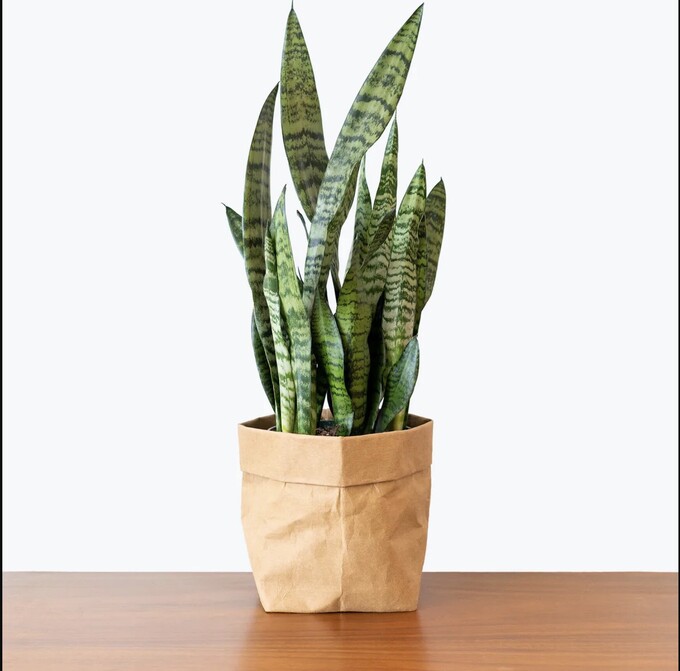
- Spider Plant (Chlorophytum comosum) According to a NASA clean air study, spider plants can filter formaldehyde, xylene, and toluene from the air.
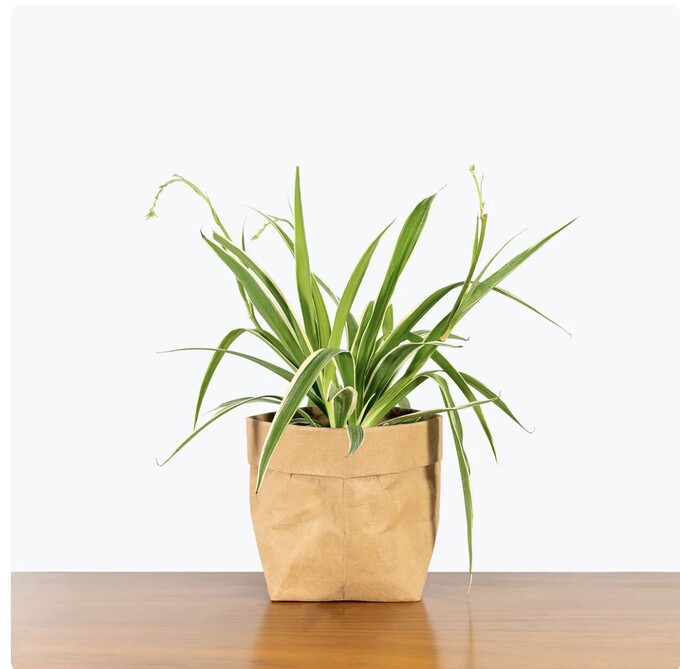
- Pothos (Epipremnum aureum) Pothos are the perfect houseplant for beginners, being one of the easiest you can grow with a beautiful tropical vibe.
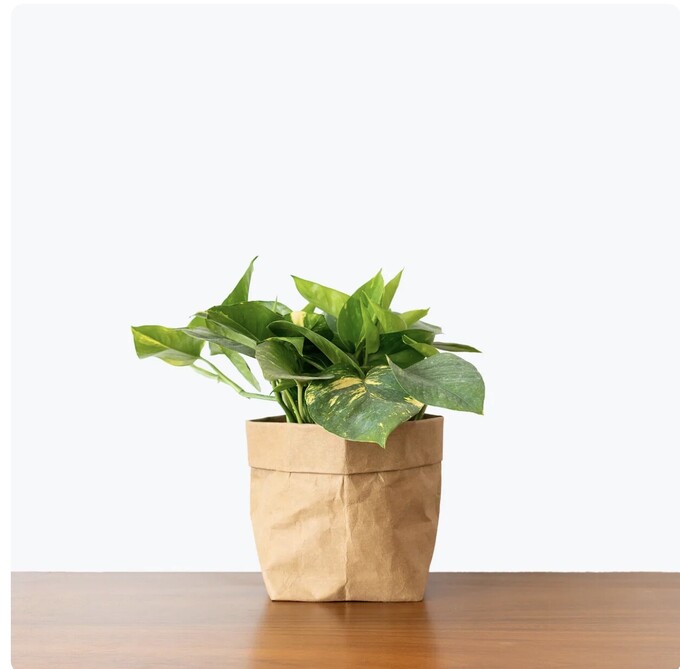
- ZZ Plant (Zamioculcas zamiifolia) has become popular worldwide in recent years due to its tolerance of a range of conditions
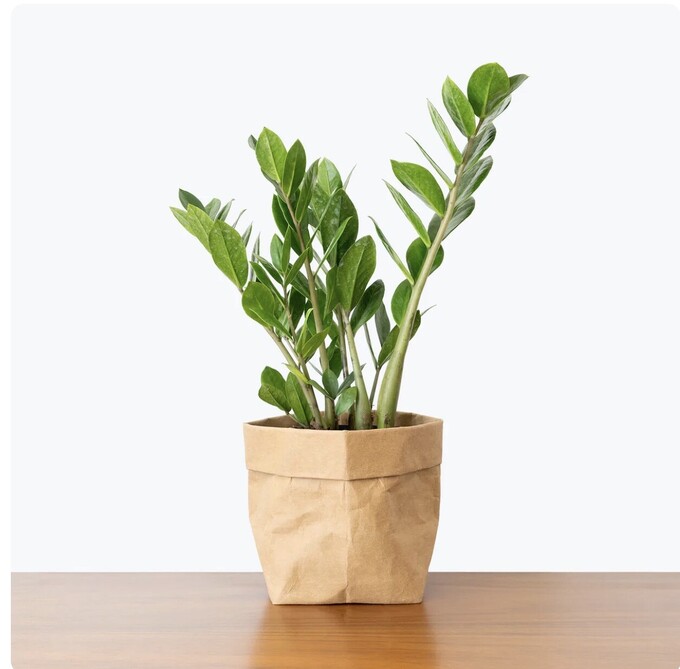
- Chinese Evergreen Maria, aka Aglaonema Maria The Chinese Evergreen plant family is among the top 50 in B.C. Wolverton's list of houseplants that purify the air and is also on Nasa's list of air purifying plants. They have been found to be excellent at removing benzene and formaldehyde from the air inside your home or office! Not only that, but they are a rather hardy tropical, where they can handle most light and watering conditions.
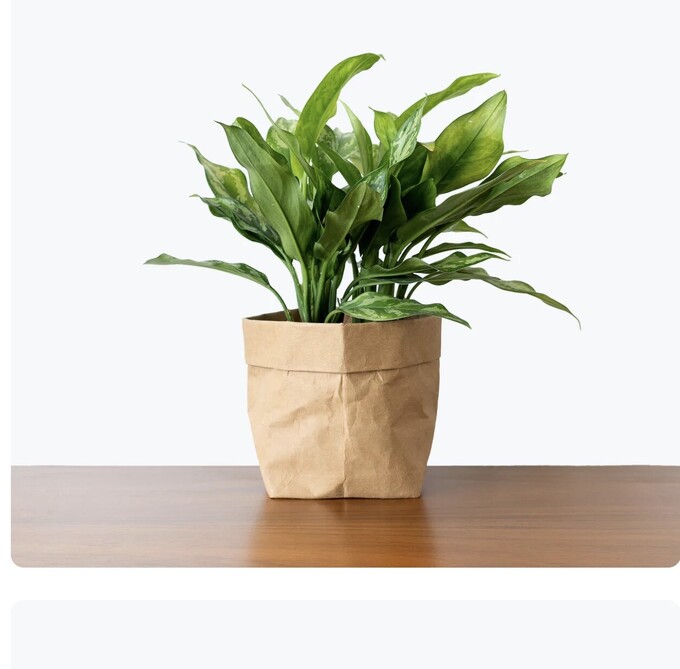
Join the plant parenthood movement and increase your wellness starting with Wellness month.
(Photo and info credits jomostudio.com great resource for plant tips. )
These plants are known for their low maintenance and ability to tolerate neglect, making them great options for those who may not have a lot of experience with indoor gardening. They also have the added benefit of being able to purify the air in your home.
.
References:
- "The effect of indoor plants on the perceived air quality, self-reported symptoms of sick building syndrome, and stress in office workers." International Journal of Environmental Research and Public Health.
- "Indoor plants affect physiological and psychological response to stress in an office." Journal of Physiological Anthropology.
- "Indoor plants may improve cognitive function and increase task efficiency." Journal of Environmental Psychology.





